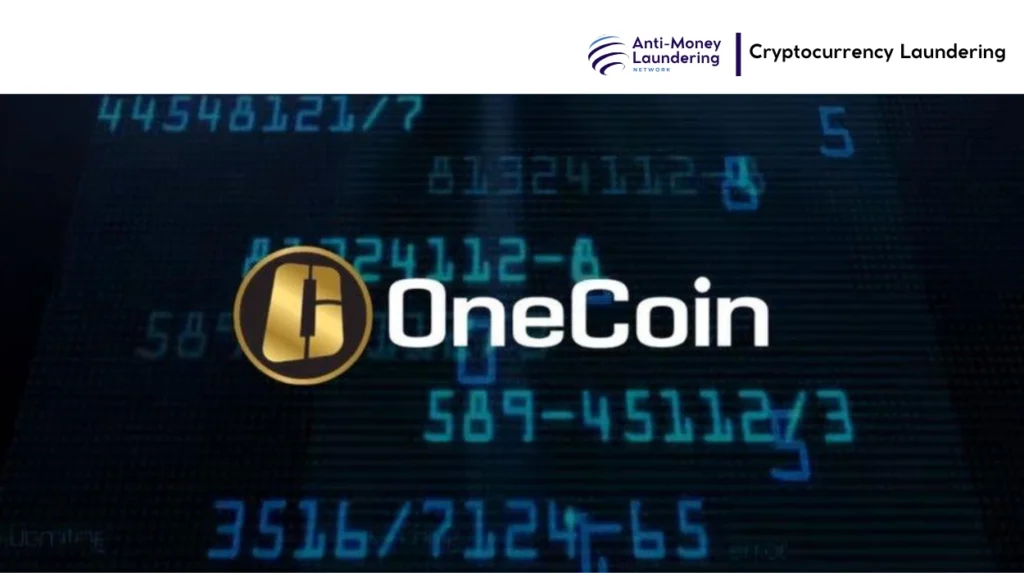The OneCoin fraud scheme stands as a stark example of how the promise of cryptocurrency innovation can be exploited to orchestrate one of the largest global financial scams in recent history. Originating from Bulgaria, OneCoin masqueraded as a legitimate digital currency but operated as a massive Ponzi scheme that defrauded investors worldwide of billions of dollars. Central to its operation was an intricate web of international money laundering, leveraging shell companies, offshore accounts, and luxury asset purchases across multiple countries. This case not only highlights the vulnerabilities in global financial systems to sophisticated white-collar crime but also serves as a critical lesson on the necessity for robust regulatory and enforcement cooperation across borders to combat emerging digital financial frauds.
The OneCoin fraud is widely regarded as one of the largest and most sophisticated crypto-related Ponzi and money laundering schemes in history. Founded and orchestrated primarily by Bulgarian national Ruja Ignatova, OneCoin claimed to offer a revolutionary cryptocurrency – but in reality, no real blockchain or market existed. From 2014 onward, the company leveraged an aggressive multi-level marketing model to attract investors in more than 175 countries, with Bulgaria as its nerve center for operations and financial flows. Investor funds totaling over $4 billion were funneled through a labyrinth of corporate fronts and fictitious investment vehicles stretching from Sofia and London to Dubai, the Caribbean, and beyond. Courts and investigators confirmed that virtually all revenues were derived from new participant fees, with “returns” simply recycled from new inflows. Money was laundered using an intricate global web of shell companies and fake business transactions, abetting the purchase of high-end property, luxury goods, and offshore assets. Regulators in Europe, Asia, and North America took aggressive action, resulting in dozens of arrests and billions in asset freezes and criminal penalties. Despite the disappearance of Ruja Ignatova in 2017, international law enforcement continues to dismantle the remnants of OneCoin’s infrastructure and pursue all parties involved, with Bulgaria and its international conduits at the core of these illicit financial channels

